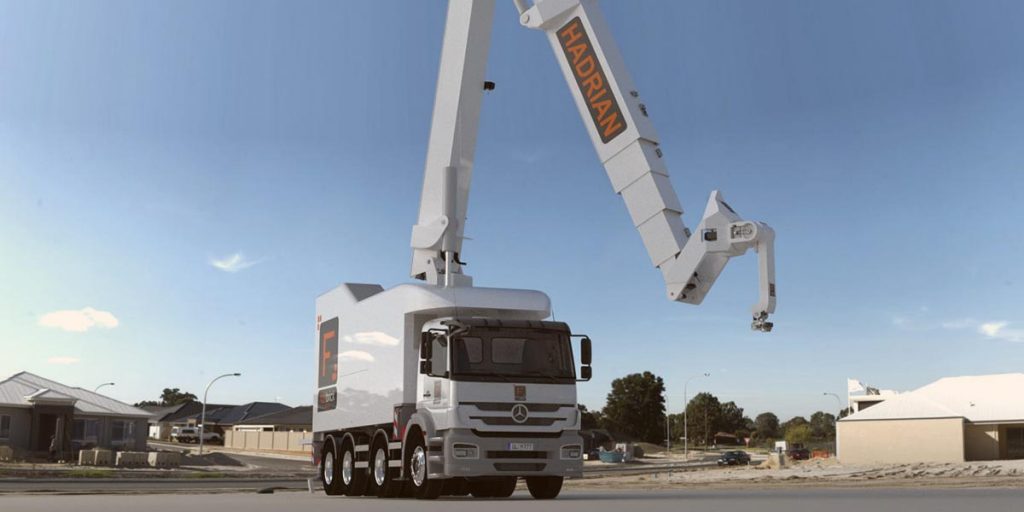Bricklaying robots in construction
- magda

For a sector with a global turnover of $10 trillion, productivity concerns are a harbinger of doom, and it doesn’t help that we are overwhelmed with information about the likelihood of disruption in the industry. New technologies like bricklaying robots will fundamentally change the way the market evolves.
So what technologies are likely to enhance efficiency, mitigate risk and disrupt the construction industry?
Bricklaying Robots
Bricklaying robots are already being used in the industry. The SAM100 short for Semi-Automated Mason by Construction Robotics in America is already been used on their contracts and they have reported a 400% increase in productivity as the SAM can lay over 2,000 bricks per day.
Construction Robotics – SAM100
Recent studies have shown that automation in the Construction Industry will be up by over 75% by 2022. As large investments into robotics and other technologies will finally disrupt the construction industry.
Fastbrick – Hadrian X
Australian company Fast Brick Robotics have created the Hadrian X which they say can “vastly increase the productivity of a usually highly labour intensive task”. The Hadrian X can lay over 1,000 blocks an hour. While an experienced block layer would usually lay maybe 400 a day.
Fast Brick even has a patent on their Fast Brick Wall System™ which optimised blocks specifically designed for use with the Hadrian X. They are approximately 12 times bigger than standard house bricks and are lighter, stronger, and designed to minimise waste.
The blocks are fused together using a special adhesive. This bonds in just 45 minutes, holds stronger, and results in greater thermal and acoustic properties than traditional mortar. So this means no more lost days waiting for mortar to dry.
So what does this mean for traditional bricklayers?
Most people are afraid of change and think that these new technologies will put bricklayers out of jobs. But studies have shown it will actually create more jobs. As there are electronic and mechanical engineers required to build and maintain the machines. These machines will only assist bricklayers to be more productive and actually help to prolong their careers, as they will experience less fatigue on their bodies.
How will this affect the industry?
Well since these robots will help to increase productivity by up to 400% the operational and labour cost for projects will decrease dramatically meaning you can get your to build completed faster and for less money. Now, most Contractors will argue that this will mean they will make less per project but this will actually help them to increase the number of projects they are handling and dramatically decrease the downtime from workplace accidents.









